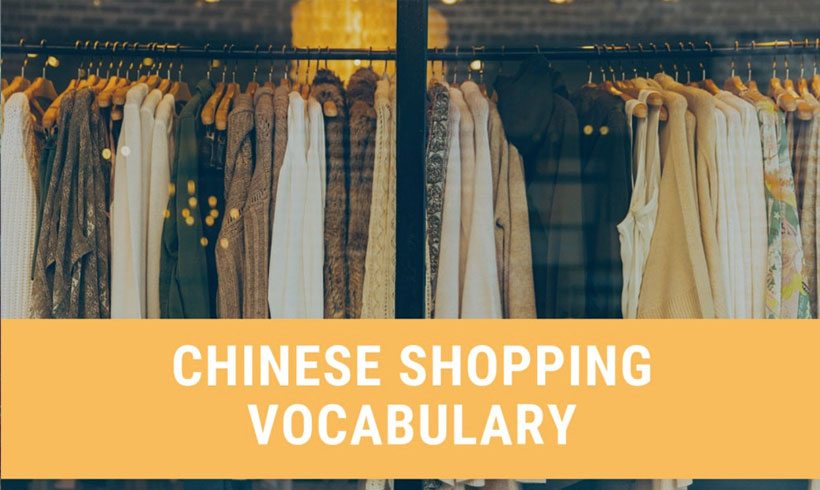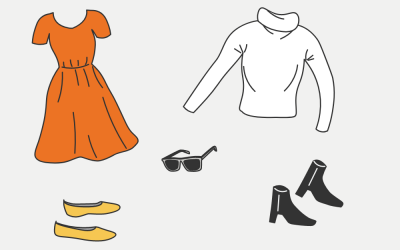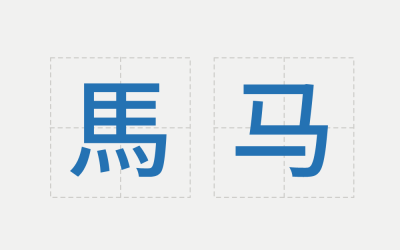As shopping plays such an important role in Chinese people’s daily lives, it’s not surprising that there are several ways to say “shopping” in Chinese.
In this article, we take a look at 4 most popular Chinese words and phrases related to shopping!
Chinese Shoppers
These days, tourists from China can be seen everywhere around the world.
One of the reasons why Chinese tourists are welcome in many countries is because they spend fortunes on luxury products, which indisputably boosts the world economy. Besides, famous online shopping platforms such as Taobao and Tmall are the most visited websites in China.
The higher the interest to the topic, the more vocabulary there is related to it. Let’s look at 4 verbs/verb phrases which all mean “to go shopping” in Chinese:
1. 买东西 (mǎi dōngxi)

买 (mǎi) means “to buy”, 东西 (dōngxi) can be translated as “thing(s), stuff”, so the phrase 买东西 (mǎi dōngxi) means “to buy things”. Apparently it’s the simplest way to say “go shopping”, which also turns out to be the first shopping-related phrase that Chinese leaners come across. It’s easy for beginners to remember this phrase as it represents itself as the combination of two basic Chinese words.
Example:
我明天想去商场买东西。
Wǒ míngtiān xiǎng qù shāngchǎng mǎi dōngxi.
(Tomorrow I want to go to the shopping mall to buy some stuff.)
2. 购物 (gòuwù)

购 (gòu) is a formal word meaning “to purchase”, and 物 (wù) means “item, goods”. Therefore, the literal meaning of 购物 (gòuwù) is “to purchase goods”. This word is usually used in written language, which means you will often see it when reading news reports or articles about shopping.
Besides that, 购物 (gòu wù) can make part of several shopping-related set phrases, such as 购物中心 (gòuwù zhōng xīn), “shopping center”.
Example:
中国人非常喜欢购物。
Zhōngguórén fēicháng xǐhuān gòuwù.
(Chinese people really like shopping.)
3. 逛街 (guàng jiē)

逛街 (guàng jiē) is another popular word often heard among shopaholics. 逛 (guàng) means “to wander”, and 街(jiē) means “street”. Hence the literal meaning of 逛街 (guàng jiē) is “to wander about the streets”. In fact, it visualizes the meaning of shopping, which is usually associated with a girl looking around in different shops.
Example:
明天是星期六,我们去逛街吧。
Míngtiān shì xīngqíliù, wǒmen qù guàng jiē ba.
(It’s Saturday tomorrow, let’s go shopping.)
4. 血拼 (xuěpīng)

One can easily tell that 血拼 (xuěpīng) was borrowed from the English word “shopping” based on its pronunciation. Nowadays many Chinese young people consider “Americanism” a trend, which has allowed 血拼(xuěpīng) to gain great popularity in China.
Example:
11.11我要血拼到底。
11.11 Wǒ yào xuè pīn dàodǐ.
I’ll go crazy shopping on November 11th.
Are you a shopaholic? What shopping-related words did we miss?
Share your opinion in comments below – or tweet us at @thatsmandarin!
Do you like shopping? Young Chinese people love it too! What else do they like to do? Read about it here.









0 Comments